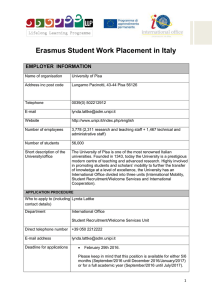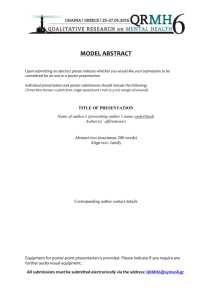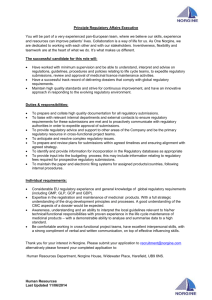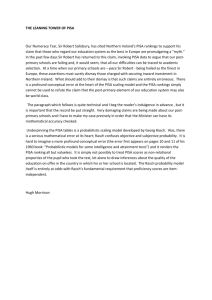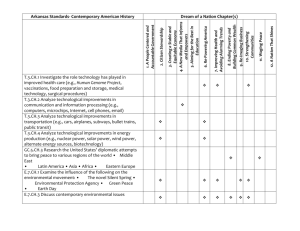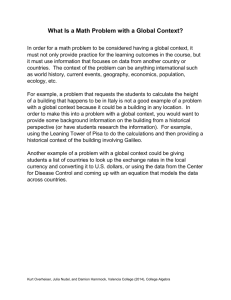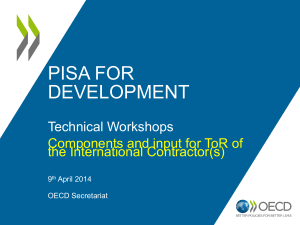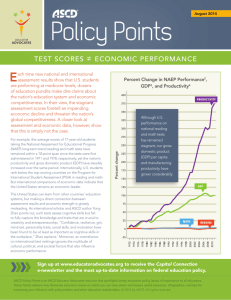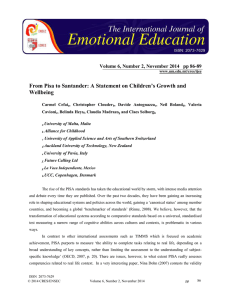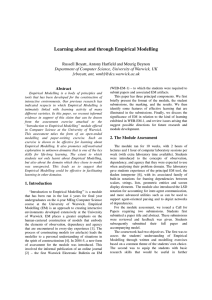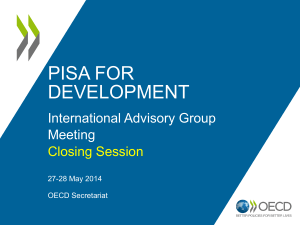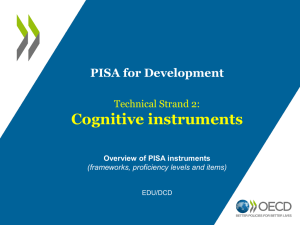Economic Growth and Distribution: On the Nature and Causes of the
advertisement
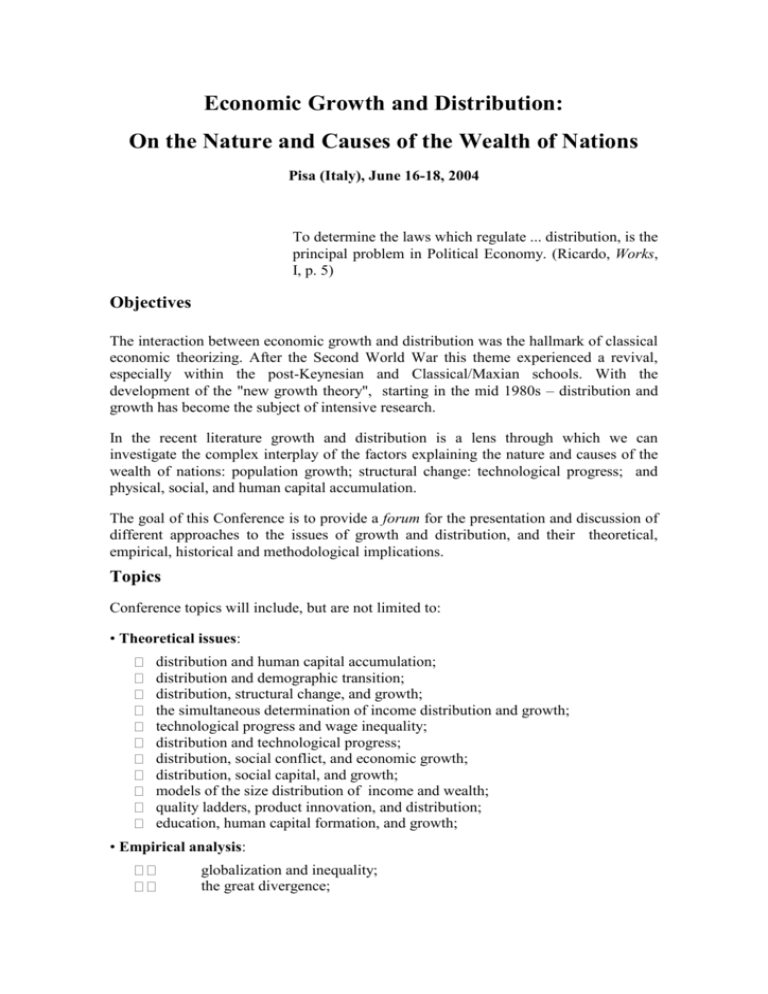
Economic Growth and Distribution: On the Nature and Causes of the Wealth of Nations Pisa (Italy), June 16-18, 2004 To determine the laws which regulate ... distribution, is the principal problem in Political Economy. (Ricardo, Works, I, p. 5) Objectives The interaction between economic growth and distribution was the hallmark of classical economic theorizing. After the Second World War this theme experienced a revival, especially within the post-Keynesian and Classical/Maxian schools. With the development of the "new growth theory", starting in the mid 1980s – distribution and growth has become the subject of intensive research. In the recent literature growth and distribution is a lens through which we can investigate the complex interplay of the factors explaining the nature and causes of the wealth of nations: population growth; structural change: technological progress; and physical, social, and human capital accumulation. The goal of this Conference is to provide a forum for the presentation and discussion of different approaches to the issues of growth and distribution, and their theoretical, empirical, historical and methodological implications. Topics Conference topics will include, but are not limited to: • Theoretical issues: distribution and human capital accumulation; distribution and demographic transition; distribution, structural change, and growth; the simultaneous determination of income distribution and growth; technological progress and wage inequality; distribution and technological progress; distribution, social conflict, and economic growth; distribution, social capital, and growth; models of the size distribution of income and wealth; quality ladders, product innovation, and distribution; education, human capital formation, and growth; • Empirical analysis: globalization and inequality; the great divergence; growth; identification of the channels by which distribution and economic growth interplay; new tools for the empirical investigation; stability of the functional distribution of income; • History of economic analysis: from Malthusian Stagnation to Sustained Growth; old and new theories of economics growth; • Economic methodology: the econometrics of growth and distribution; endogeneity of growth and distributional relations; identification of mean-reverting processes describing distribution and growth. Submitting a Paper A combination of invited and submitted papers will be chosen for the final program, which will also include panel discussions. Submissions of whole sessions are welcome. The submissions will be reviewed by a Scientific Committee consisting of: • Duncan K. Foley (New School for Social Research, USA) • Oded Galor (Brown University, USA, and Hebrew University of Jerusalem, Israel) • Heinz D. Kurz (University of Graz, Austria) • Neri Salvadori (University of Pisa, Italy) • Stephen J. Turnovsky (University of Washington, USA) It is planned to publish selections of papers in special issues of the European Journal of the History of Economic Thought, the Journal of Economic Growth, and in Metroeconomica and a larger selection in a volume with a major publisher. Papers that will be published in a special issue of a journal will meet the standards of that journal. All papers will be made available on the Internet until the end of the Conference. Deadlines Submission of a 1-2 page abstract (if possible, jointly with the whole paper) should be sent by email to <submissions@ec.unipi.it>, in pdf or in word format, before March 30, 2004. Authors will receive notification of acceptance by April 30, 2004. The whole papers are to be sent by e-mail within May 30, 2004. Attendance and Fees The Conference fees of € 200 will cover all meals (two dinners, two lunches, four coffee-breaks) and printed material. They might also cover accommodation for a number of nights for Ph.D. students and scholars coming from selected countries. All participants will be required to provide for their own expenses; details on accommodation opportunities will be provided. The Conference will be held in Lucca or in Pisa. Further information will be available at the site http://growth-distribution.ec.unipi.it/.
